The Theatrical Quotations series continues with 10 world class performers…
“Acting is not about dressing up. Acting is about stripping bare. The whole essence of learning lines is to forget them so you can make them sound like you thought of them that instant.”
“…by the time I got to Michigan I was a stutterer. I couldn’t talk. So my first year of school was my first mute year and then those mute years continued until I got to high school... One of the hardest things in life is having words in your heart that you can’t utter.”
“I’m curious about other people. That’s the essence of my acting. I’m interested in what it would be like to be you.”
“Comedy is all I ever wanted. I can never tell when something is funny… I just have to do it onstage and find out.”
“For an actress to be a success she must have the face of Venus, the brains of Minerva, the grace of Terpsichore, the memory of Macaulay, the figure of Juno, and the hide of a rhinoceros.”
“I can’t deal with actors! I can’t deal with myself. We’re neurotic and miserable… I love doing what I’m doing, but while I’m doing it, I’m miserable.”
“I knew at an early age I wanted to act – acting was always easy for me. Once you’ve gotten the job, there’s nothing to it… Doing it is not the hard part. The hard part is getting to do it.”
“The thing about performance, even if it’s only an illusion, is that it is a celebration of the fact that we do contain within ourselves infinite possibilities.”
“Ossie was working as stage manager and he began making notes. Something about the sense of humor instilled in Eastern European Jewish culture appealed to him. The message was profound but the delivery was hilarious. Through that he saw that humor could turn racism on its ear, too.”
“An actor is a sculptor who carves in snow.”
Booth may have borrowed this phrase from his friend Lawrence Barrett.
PHOTO CREDITS: Barrymore: University of Kentucky Photographic Collection, Booth: Public Domain, Cho: Jamie McCarthy/Getty, Davis: Michael Beckner/Getty, Day Lewis: Indigo/Getty, Dee: Frederick M. Brown/Getty, Freeman: The Ace Black Blog, Jackson: Courtesy of Glenda Jackson MP, House of Commons, Jones: Stathis Orphanos, Streep: Cathal McNaughton,
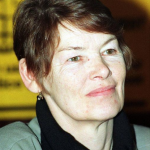
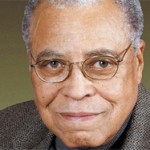




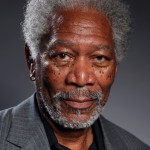



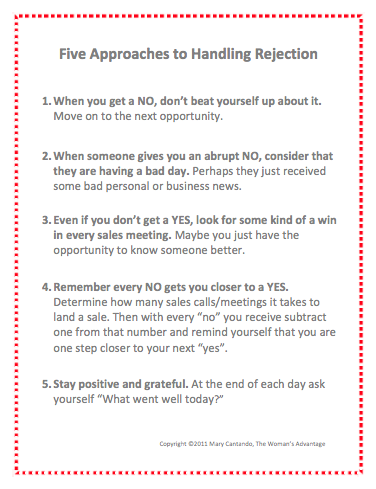

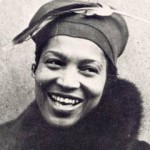




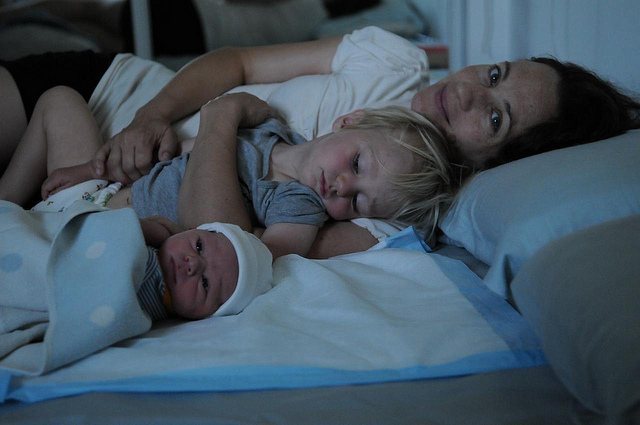
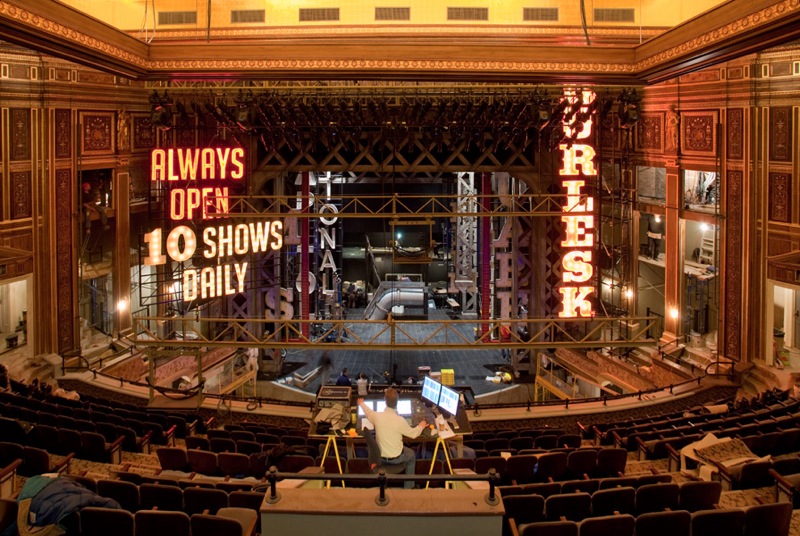
Recent Blog Comments